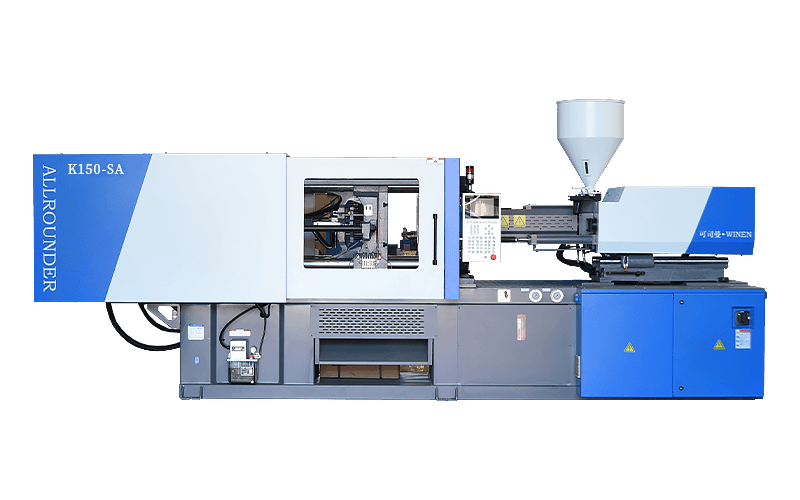1. Regular Cleaning and Lubrication:
One of the fundamental maintenance practices for plastic injection machines is regular cleaning and lubrication. Over time, dust, debris, and resin buildup can clog the machine's components, resulting in reduced efficiency and potential breakdowns. It is crucial to clean the machine, especially the hopper, mold, and barrel, to prevent contamination. Additionally, proper lubrication of moving parts, such as the guide rails and ejector system, is necessary to minimize friction and ensure smooth operation.
2. Checking and Replacing Wear Parts:
Certain components of plastic injection machines are subject to wear and tear due to constant use, such as the nozzle, screw, and molding platen. Regular inspection and timely replacement of these wear parts are vital to avoid unexpected machine failures and subpar output quality. It is recommended to follow the manufacturer's guidelines for the recommended replacement intervals of these parts to maintain optimal performance.
3. Monitoring Hydraulic and Electrical Systems:
The hydraulic and electrical systems in plastic injection machines are critical for their functioning. Regularly monitoring the hydraulic fluid levels, filters, and seals can help identify potential leaks or contamination. Proper maintenance of the hydraulic system, including timely replacement of filters and fluid, is necessary to ensure consistent pressure and prevent damage to seals and valves. Similarly, inspecting and maintaining electrical connections, switches, and safety devices is crucial to avoid electrical faults or hazards.
4. Calibration and Quality Control:
To ensure accurate and consistent production, regularly calibrating the plastic injection machine is essential. This involves verifying the accuracy of temperature controllers, pressure gauges, and shot size. Proper calibration helps maintain consistent melt temperatures, injection pressures, and timing, resulting in better part quality. Additionally, implementing a robust quality control system that includes monitoring key parameters, inspecting parts, and adjusting machine settings as needed can help catch and rectify production issues before they become significant problems.
Even with regular maintenance, plastic injection machines may occasionally encounter issues. Here are a few troubleshooting tips to address common problems:
- Insufficient Injection Pressure: This can result in incomplete filling or low-quality parts. Check for clogs in the nozzle or filter, increase injection pressure, or clean/replace the nozzle tip.
- Excessive Mold Wear or Flashing: Inspect the mold for damage, ensure correct alignment and clamping force, and adjust the mold temperature or injection parameters as required.
- Inconsistent Shot Size: Verify proper calibration of the screw speed, back pressure, and hydraulic pressure. Check for air leaks or worn screw components that may cause variations in shot size.
- Machine Overheating: Clean the cooling system and check the operation of fans or water circulation. Ensure proper lubrication and hydraulic fluid levels to prevent excessive heat buildup.



 English
English 中文简体
中文简体












